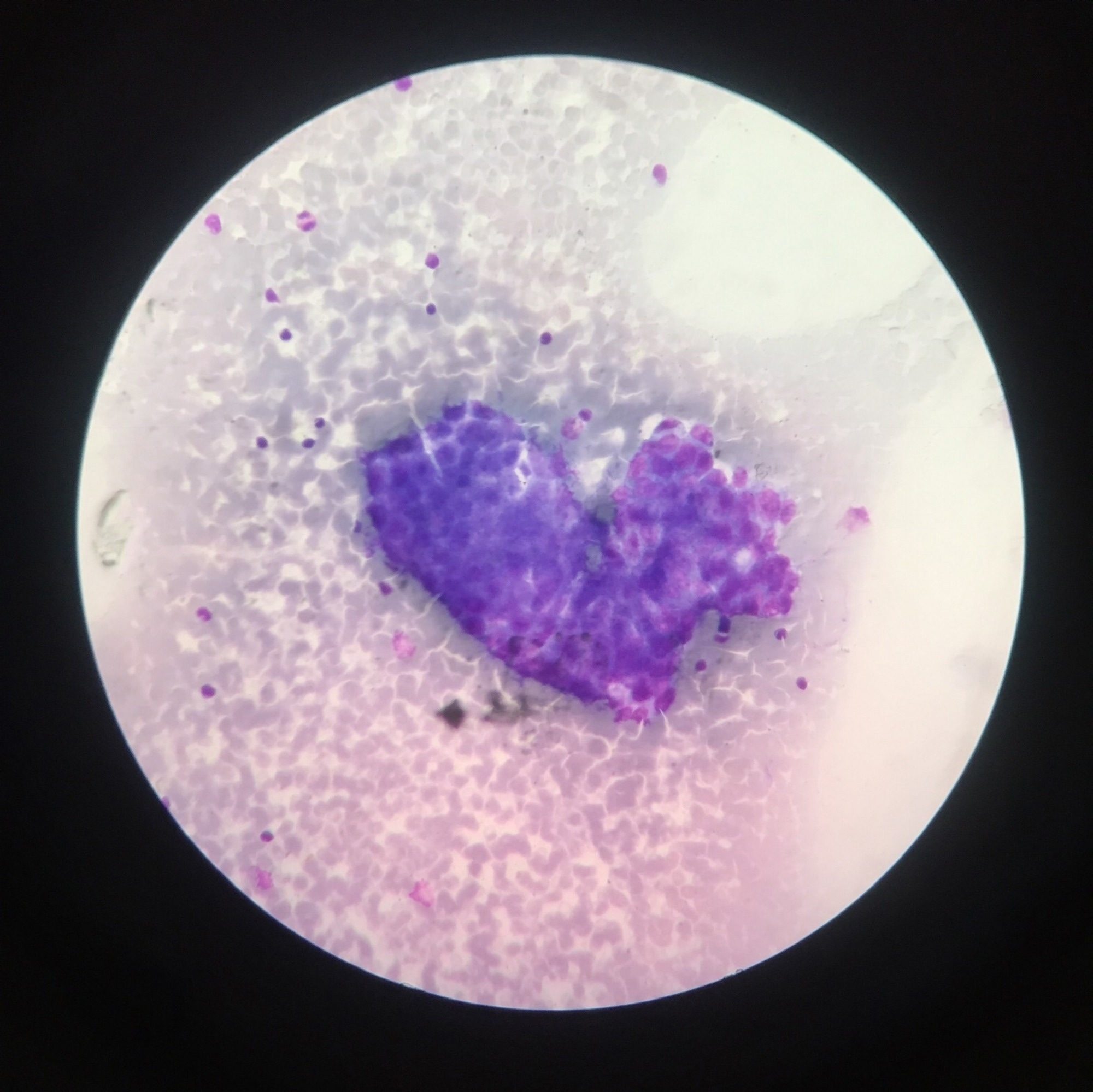 By Pooja Toshniwal PahariaReviewed by Lexie CornerJun 5 2025
By Pooja Toshniwal PahariaReviewed by Lexie CornerJun 5 2025A recent study published in Oncogene used a gene editing approach to identify new drug targets for ovarian clear cell carcinoma (OCCC).
Researchers found that mutations in the PPP2R1A gene, which encodes a regulatory subunit of the PP2A protein, alter PP2A function. These changes may impair DNA repair in cancer cells and increase their sensitivity to ATR inhibitors (ATRi) in OCCC.
Inactivating either PP2A proteins or the PPP2R1A gene improved OCCC sensitivity to ATR inhibitors. These findings support the inclusion of PPP2R1A mutation status in studies of ATRi biomarkers. They also suggest a possible therapeutic strategy in OCCC, a cancer type that is resistant to standard chemotherapy and often has poor outcomes in advanced stages.

Image Credit: Ekaterina Avd/Shutterstock.com
Background
Mutations in ARID1A and PPP2R1A genes are commonly found in OCCC. ARID1A functions as a tumor suppressor. PPP2R1A, and its associated PP2A protein complex, are involved in cell cycle regulation, apoptosis, and metabolism.
ARID1A proteins interact with ATR proteins, which are essential for repairing DNA damage. Mutations in ARID1A may impair ATR activation and disrupt DNA damage response pathways.
Because of their ability to interfere with cancer cell repair mechanisms, ATR inhibitors are under investigation in Phase II clinical trials. Improving their effectiveness could help treat cancers like OCCC more effectively.
About the Study
This study explored whether inactivation of PP2A or the PPP2R1A gene could improve sensitivity to ATR inhibitors in OCCC.
Researchers used CRISPR-Cas9 gene editing and ATRi chemosensitivity screening in ARID1A-mutant TOV21G OCCC cells. These cells carry mutations at ARID1A p.549fs and p.756fs. The screen identified Cas9-positive cells that were sensitive to two ATR inhibitors: AZD6738 and VX970. It also revealed genes involved in ATRi response beyond ARID1A.
They then exposed Cas9-positive cells to a CRISPR library targeting 18,010 genes and treated them with AZD6738 or a control solution for 14 days. Deep sequencing was used to measure changes in guide RNA (sgRNA) frequency, identifying genes that affected ATRi sensitivity.
Additional CRISPR screens were conducted in non-cancerous epithelial cells with engineered p53 mutations to assess ATRi sensitivity using both CRISPRn and CRISPRi approaches.
To evaluate the clinical relevance, the researchers genotyped PPP2R1A in tumor samples from 23 OCCC patients. They also investigated whether PPP2R1A mutations would increase ATRi sensitivity in ARID1A-deficient cells.
They introduced p.R183 missense mutations (p.R183P and p.R183W) into wild-type PPP2R1A in ARID1A-mutant TOV21G cells. Mass spectrometry was used to compare the mutant and wild-type cells. Time-lapse microscopy was used to track mitotic behavior.
To test effects in vivo, they transplanted TOV21G cells with PPP2R1A mutations into mice and treated them with AZD6738 for 17 days to monitor tumor growth.
Results
Inactivation of PP2A subunits or PPP2R1A improved ATR inhibitor sensitivity in ARID1A-mutant OCCC cells.
Among 23 OCCC patients, 52 % had PPP2R1A p.R183 mutations. Half of these also had ARID1A mutations. These findings confirm that PPP2R1A mutations often co-occur with ARID1A mutations in OCCC.
In lab and animal models, the p.R183 mutations increased sensitivity to ATR inhibitors. Specifically, the p.R183W mutation triggered S-phase stress, early mitotic entry, and genomic instability. These cells showed histone H3 phosphorylation with sub-4N DNA content and accumulated 53BP1 bodies, signaling DNA damage extending into mitosis.
Cells with the p.R183W and p.R183P mutations also showed a 10- to 12-fold increase in micronuclei after ATRi exposure, indicating increased genomic instability. ATR inhibition extended metaphase duration. Many affected cells were unable to exit metaphase and underwent apoptosis.
Download your PDF copy now!
Conclusions
The study identifies PP2A subunits and the PPP2R1A gene as potential genetic markers for predicting response to ATR inhibitors in OCCC. Loss-of-function PPP2R1A mutations enhance ATRi sensitivity even in cells already deficient in ARID1A.
These results suggest that testing for PPP2R1A mutations could help identify patients more likely to benefit from ATR inhibitor treatment. DNA capture sequencing can be used for mutation detection and patient stratification.
Future research should investigate PP2A substrates that mediate ATRi sensitivity. Whole-cell proteomics may provide broader insight into how PPP2R1A mutations alter cancer cell signaling and response to therapy.
Journal Reference
Stewart, J., et al. (2025). PPP2R1A mutations cause ATR inhibitor sensitivity in ovarian clear cell carcinoma. Oncogene 44, 618–629, DOI: 10.1038/s41388-024-03265-0